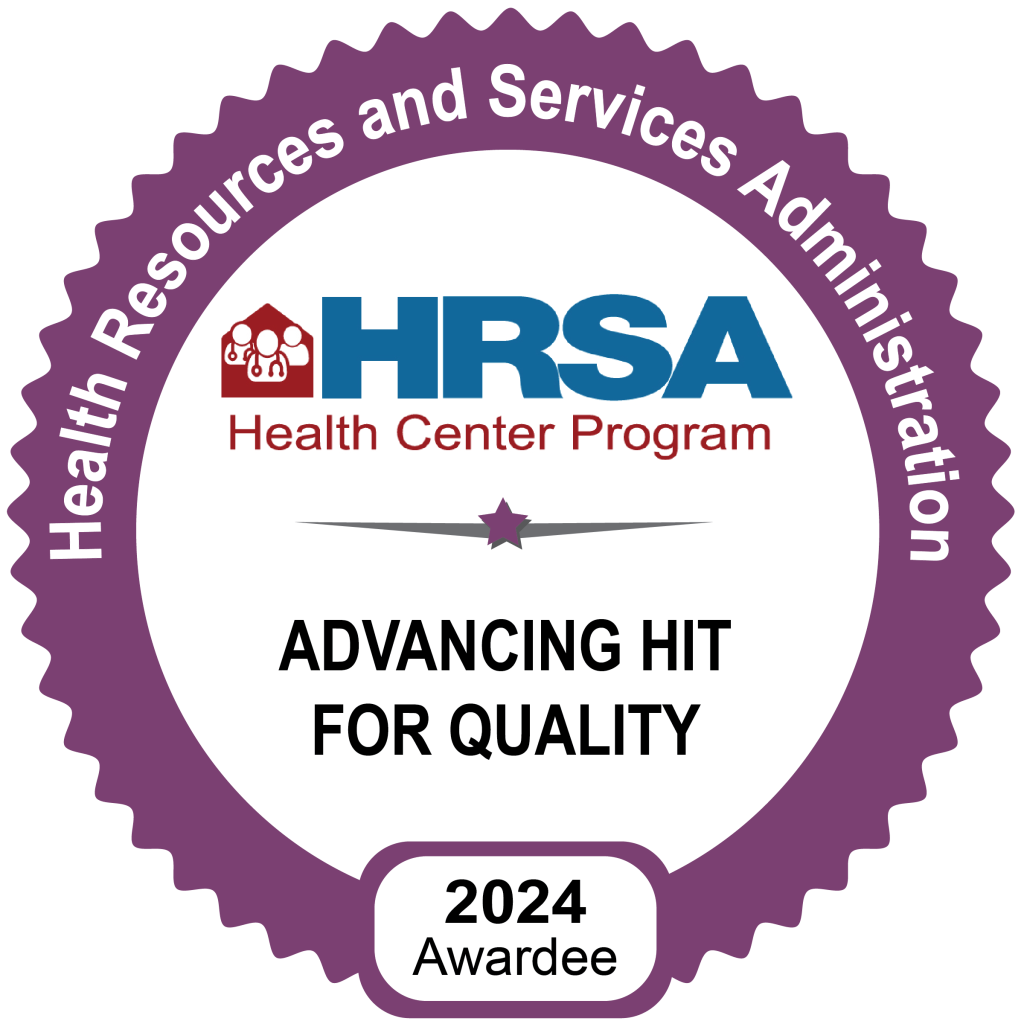Laurence Reisman | 26 Feb, 2021
Getting back to normal will be an evolution, said Dr. Gerald Pierone, chief medical officer and founding physician of Whole Family Health Center, which also has worked on COVID-19 clinical trials in Indian River and St. Lucie counties.
“As more and more people receive the Moderna and Pfizer vaccines, there will be increasing levels of immunity and greater degrees of protection against COVID-19,” Pierone wrote in an email, noting vaccinated people still can get COVID-19, but studies show they do not get as sick and end up in the hospital.
“Herd immunity is not a categorical threshold event, but rather a continuum of risk reduction,” he said. “As a greater percentage of our population becomes immune to SARS-CoV-2 we will start seeing a decline in cases, hospitalizations and deaths.”
How will things evolve socially?
“We will start seeing protected pods or bubbles of fully immunized individuals who will interact with other family members and friends who have also been fully immunized,” he wrote, noting there still is a spread risk to people who haven’t been immunized. “Members of these bubbles will be able to have social events without the need for social distancing and masking as long as they exclude others who are nonimmune.
“It is also possible that there will eventually be immunity passports or proof of immunity that will allow other individuals to travel and participate in larger social events as part of this transition to normal life,” he said. “There will likely continue to be rapid testing as part of this strategy to open social venues.”
Pierone and Ramgopal, who have specialized in treating AIDS patients, each continue to hold clinical trials aimed at defeating COVID-19.
While Pierone has been testing monoclonal antibodies similar to those that helped ex-President Donald Trump recover, Ramgopal is testing antiviral pills.
“There are several in the pipeline; it is very exciting,” he said, noting that unlike the antibodies, the pills, similar to Tamiflu, are expected to stop the spread of COVID-19.
“It should be able to knock any strain out,” he said, citing the possibility vaccines won’t be able to handle potential mutations of COVID-19. “(Vaccines give us) a good sense of security that fewer people will be dying … but it also gives us a false sense of security that the virus is going to stop spreading.”
That means we still have to wear masks and socially distance.
“We don’t understand very well the resistant strains,” he said, noting that antiviral pills would be the “game-changer.”
“Hopefully when these antiviral medications are available, then I think that’s when we’ll get back to normal,” Ramgopal said, noting that could be in late 2021 or 2022. “We’re still some ways away. I’m not feeling better yet. There is light at the end of the tunnel. We’re like halfway through the tunnel now.”
Looking at where we came from, it’s not necessarily a bad thing, he said.
“A year later I look around me and I see people wearing masks and recognizing the fact the world has completely changed, but personally I do believe it has changed for the better. Not for the worse.”
To read the complete article: https://www.tcpalm.com/story/opinion/columnists/laurence-reisman/2021/02/26/when-might-post-pandemic-normal-here-local-docs-weigh-opinion/6800564002/






